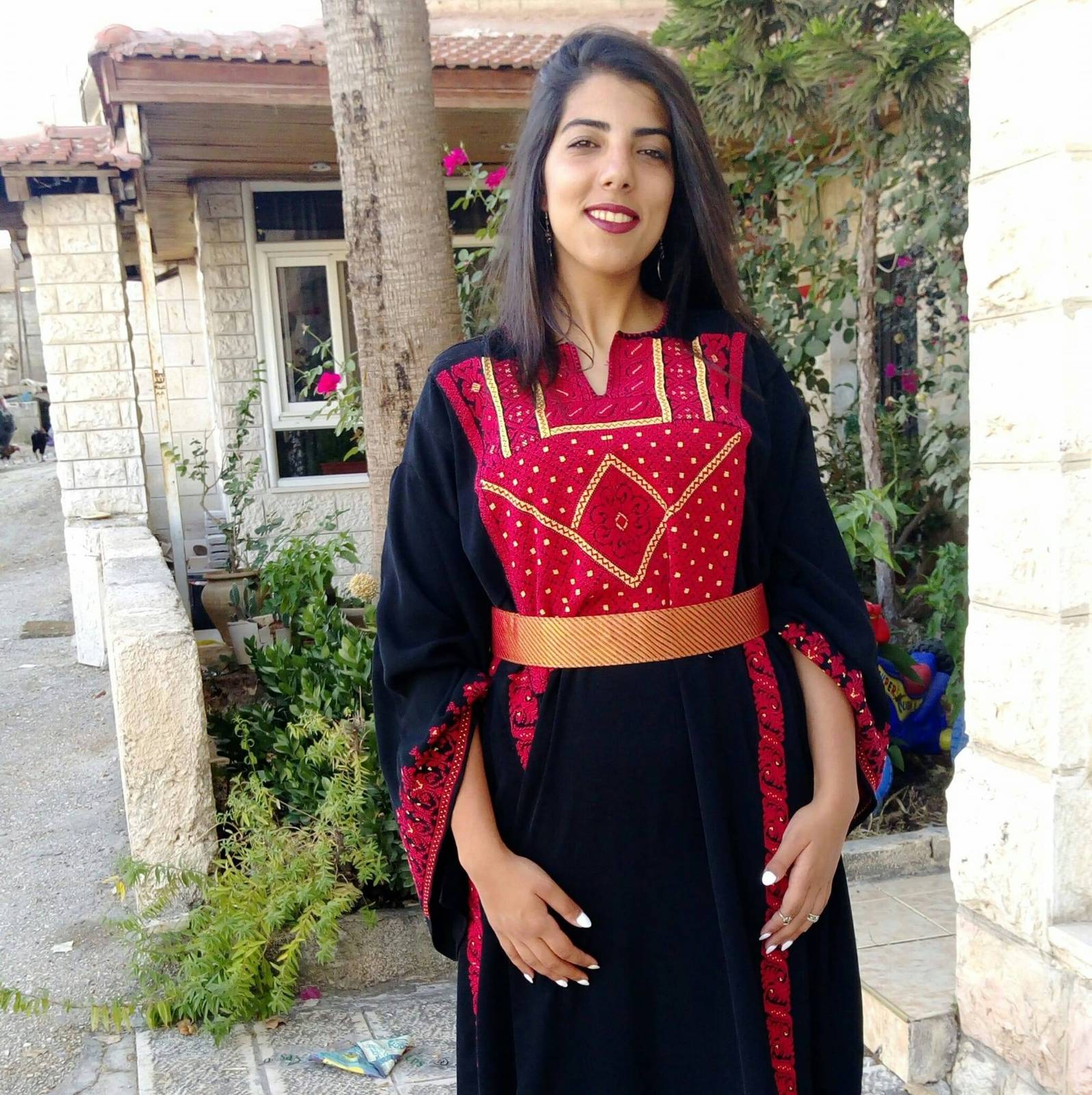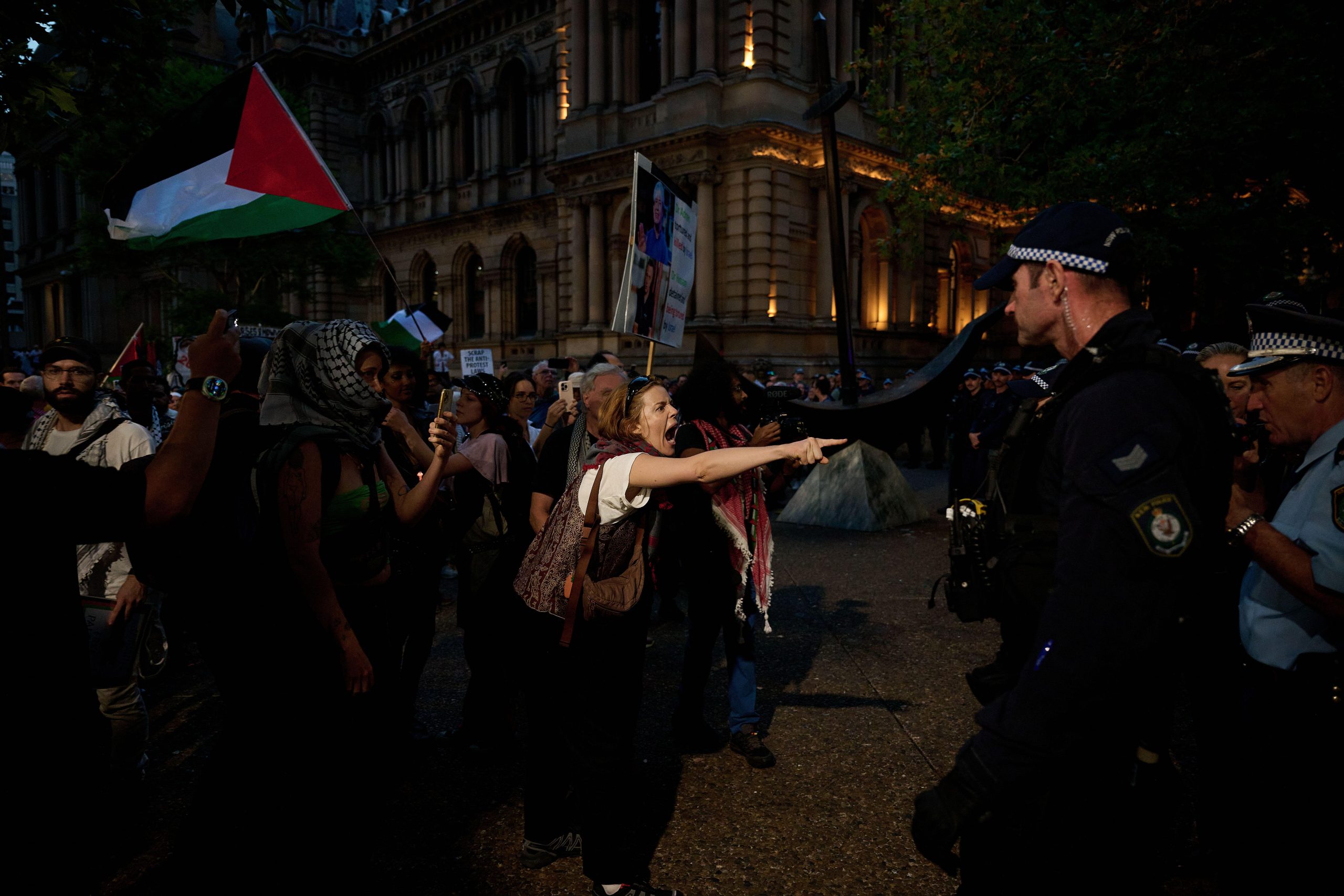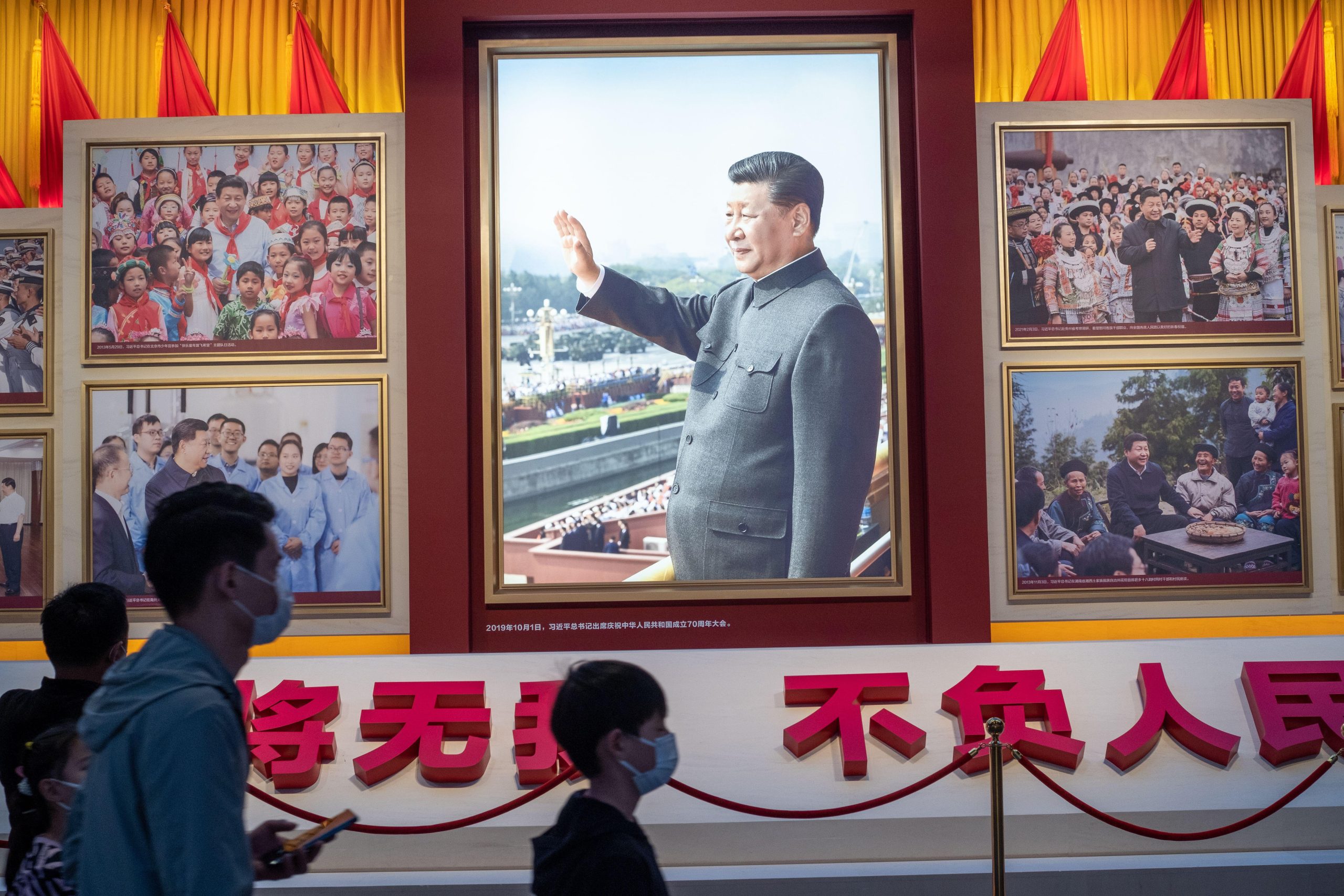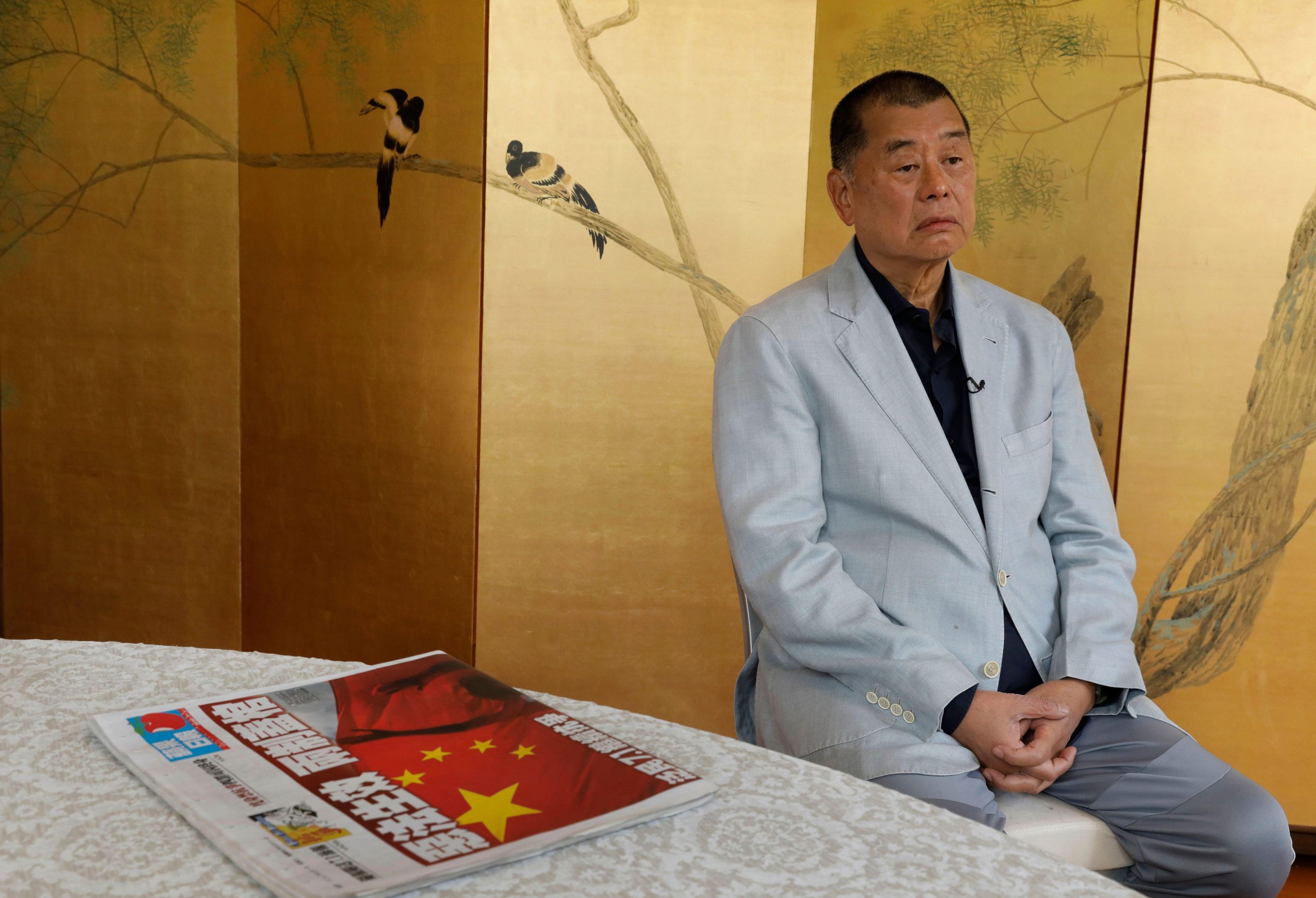This article first appeared in Volume 54, Issue 2 of our print edition of Index on Censorship, titled Land of the Free?: Trump’s war on speech at home and abroad, published on 21 July 2025. Read about the issue here.
When Diala Ayesh was arrested last year, her first thought wasn’t for her own safety – it was whether anyone would inform her loved ones of her whereabouts.
“Even though there was nothing against me, as Palestinians we always expect to leave home and not return,” she told Index.
On 17 January 2024, Ayesh was travelling north from Hebron to Ramallah via public transport when the vehicle was stopped by Israeli forces at Wadi a-Nar – a military checkpoint near Bethlehem. After the border police inspected everyone’s ID cards, a female officer asked: “Who is Diala?”
“I am,” Ayesh answered.
Before anything could happen, Ayesh leaned over and whispered to the woman sitting next to her: “If they take me, tell my family.”
Ayesh was pulled from the vehicle and beaten. The driver’s keys were returned, and they were told to drive on without her.
She was told she was being detained, and the police officer asked her whether she had links to Hamas. “These were ready-made questions with no evidence, as if just being Palestinian is accusation enough,” said Ayesh.
Over the next few hours, she was transferred from one military camp to another. At one point, she was placed in a metal container outdoors in the winter cold for six hours. She was blindfolded with her hands tied behind her back and officers banged on the bars of the cell to scare her. She was eventually transferred to Hasharon prison, where she was strip-searched and left in a “cold, filthy” cell, with no food or water.
The next day, she was transferred to Damon Prison, and placed with other female prisoners. It was the first time she had eaten since her arrest.
“When I was arrested, I felt frozen in time,” she said. “At first, I had emotional numbness, I couldn’t think or feel. That quickly turned into fear. And then, I felt I had to turn that fear into strength. I kept comforting myself, telling myself: ‘I am the strong one’.”
On 25 January 2024, she was issued with a four-month administrative detention order without charge or trial, and she did not appear before a court, aside from what she described as a “sham” court hearing held via video conference. She spent nearly a year in Damon Prison until she was eventually released on 14 January this year.
The human rights lawyer spoke to Index over a Signal video call from her home in Ramallah, intermingling English with Arabic, then later via email with the help of a translation tool. She was warm, relaxed, jovial, dressed in a stripy top and vaping, sat next to her younger sister who helped her translate into English. She spoke openly about her harrowing year in jail.
She endured unbearable conditions which she says had a “significant negative impact” on her mental and physical health. A report from the NGO Euro-Med Monitor has noted how conditions inside Israeli jails have seen an “unprecedented deterioration” since the start of the war in Gaza.
Ayesh said she received little medical care in Damon, despite developing severe stomach pain. After being released, she visited a doctor and needed to have her gall bladder removed.
“[The doctor said] if I had waited one more week, something bad would have happened,” she said.
Alongside facing strip-searches, beatings, solitary confinement and being deprived of family visits, Ayesh said she was denied basic necessities such as sanitary pads. Radios, TVs, games and books were confiscated, and prisoners were prevented from practising religious rituals and had their hijabs taken away.
“These became part of our daily reality. It wasn’t just an attempt to break our bodies but to crush our dignity and humanity.”
Ayesh described a “deliberate and systematic policy of starvation”. Meals consisted mainly of beans, chickpeas, lentils and toast. Boiled eggs were cooked once a week then reheated throughout the week, turning blue and emitting an “unbearable smell”.
But the worst part for her was the intellectual suppression.
“We couldn’t even hold a pen. This was a strategic move to suffocate us intellectually and emotionally – as if the goal was to kill the consciousness within us before anything else.”
Her detention order was renewed several times before her release. Every time, she was tried in a “sham court”, she said, where she would attend virtually via video call. These took place in a military rather than a civilian court – a practice previously described as a “discriminatory” judicial system by Sahar Francis, director of the Palestinian NGO Addameer Prisoner Support and Human Rights Association. Ayesh said parts of the sessions were conducted in secret between the judge and the prosecution, and the decision to extend her detention was based on “secret evidence” that was not shared with her or her lawyer.
I asked her if she ever lost hope. “There’s a saying we often repeat: ‘The prison door never truly closes on anyone’,” she said. “I truly believed that freedom would come, no matter how long it took.”
Her greatest source of anxiety was for her family’s welfare, not her own. Every time her detention neared its end she would get anxious and cry, ready to learn her fate but also wondering whether her family would be waiting for her nervously at a checkpoint.
The other women prisoners were her sole source of comfort, and “became like family” to her. “They did their best to lift my spirits,” she said. “They never left me to face it alone, and that love was my greatest source of strength.”
To date, neither Ayesh nor her lawyers have been given a reason for her year-long detention.
The 29-year-old lawyer has defended political prisoners detained in both Palestinian Authority (PA) and Israeli jails. She won Index’s Freedom of Expression Award for Campaigning last year for her bravery and dedication to free speech.
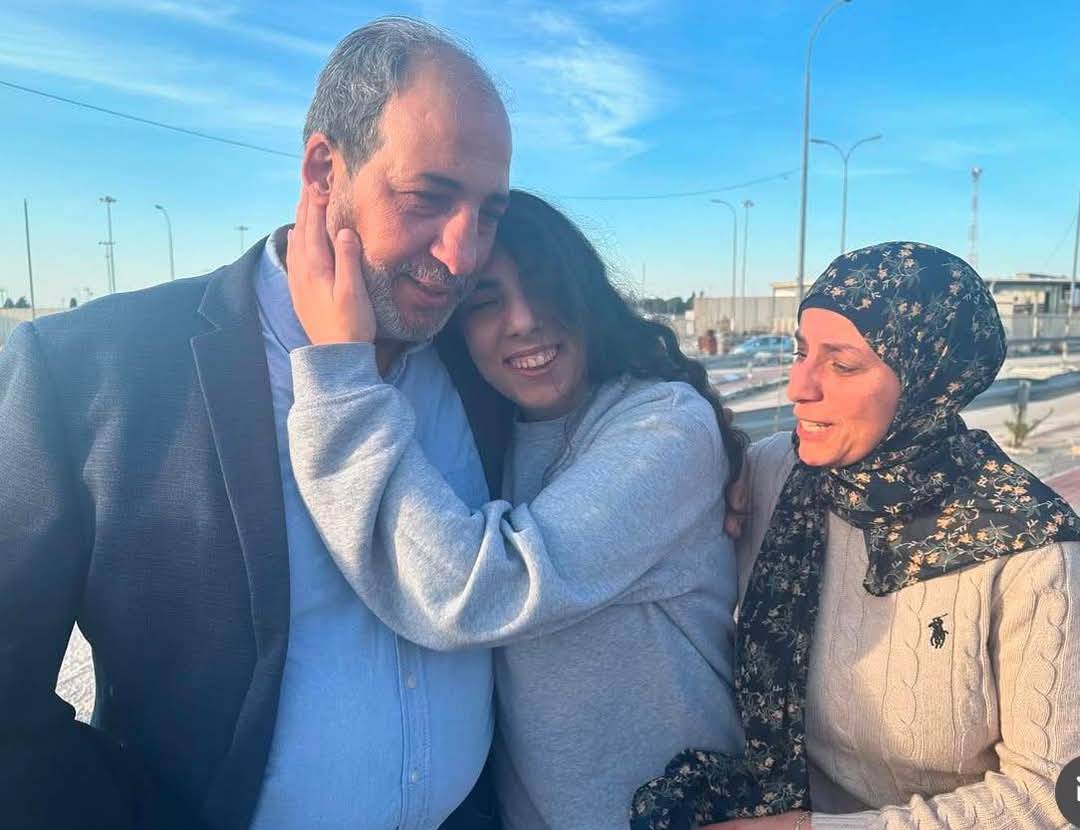
Ayesh spent nearly a year in Damon Prison in Israel, enduring grim conditions and what she describes as a “deliberate and systematic policy of starvation”. Here, she reunites with her parents after her release in January 2025
She was born in Jerusalem and grew up in Ramallah, where she has lived her whole life. She is the oldest sibling and lives with her parents, three sisters and brother. Her grandparents were displaced during the 1948 Nakba from Jerusalem and Gaza to Ramallah and Al-Bireh in the West Bank.
While she describes her childhood as normal “compared with other Palestinian children”, it was far from ordinary. In 2000, when she was six, the second intifada – a major uprising by Palestinians against Israel – broke out, and Ramallah was at the centre of clashes. Tanks would pass through the streets she played in, the army would frequently come to her home and the sound of explosions were part of everyday life.
“We learned to distinguish between live and rubber bullets, between gas and sound bombs,” she said.
She never consciously decided to become a human rights lawyer – but perhaps her childhood experiences drove her down that career path.
“There’s nothing more painful than witnessing injustice and staying silent,” she said. “I believed my role was not just to practise law but to use it as a tool to confront oppression and restore dignity [to people].”
In her final year of law at Al-Quds University, in Palestine, she attended a court session at Ofer Prison, an Israeli jail housing Palestinian prisoners in the West Bank. She was conscious of the irony that some of the officers she was speaking to “might one day arrest me, or someone close to me”.
In 2018, she started defending political prisoners held in PA prisons in the West Bank, providing them with legal consultations and advice, speaking to their families, documenting their conditions and representing them in court.
Three years later, after her uncle was sent to an Israeli jail, she began work with Palestinian prisoners held in Israeli prisons as well.
Her last visit to an Israeli jail was three days before her own detention, and she has not been able to continue that work since her release due to security restrictions.
Ayesh’s professional work has suffered because of her imprisonment – her family had to shut down her law office and she has been given a travel ban. She has managed to resume some work with detainees in PA jails.
But she has long endured intimidation on all fronts. Before her arrest, she was subjected to threats and harassment from the PA “almost on a daily basis”, she said.
This included online trolling, getting direct threats from people affiliated with the Palestinian security services, receiving warning messages via prisoners, and near-constant surveillance. A Palestinian intelligence agency car would often park outside her home for long periods of time.
“This was clearly meant to send a message: ‘You are being watched’,” she said. Israeli forces would also send her frightening anonymous phone messages.
In July 2021, Ayesh was arrested by the PA during a crackdown on a peaceful protest outside its police headquarters in east Ramallah. She was not attending the protest but was visiting the police station with a group of human rights defenders to advocate for the release of detainees being held there. During her arrest, she said she was sexually and physically assaulted by five police officers, who beat her on her breasts and buttocks.
But she has not been deterred. “These threats did not silence me or stop me – they made me more determined to continue defending human rights. When someone is threatened for their activism, it means they’re hitting a nerve somewhere, and their work is making an impact.”
Indeed, she has much work to do. Since 7 October 2023, repression of free speech has ramped up in the West Bank, and journalists, lawyers and cultural workers have all been increasingly subjected to imprisonment, harassment and attacks.
“Both the occupation and the Palestinian Authority impose tools to control the public sphere and break any dissenting voices,” she said.
Aside from judicial punishment, these include online and physical surveillance, threats to political prisoners’ families, and Israeli authorities increasing travel restrictions or terminating permits for Palestinians working in Israel.
“Many Palestinian people in the West Bank have been arrested or subjected to mistreatment simply for participating in a demonstration or sit-in, or even for writing a simple post on social media,” Ayesh added.
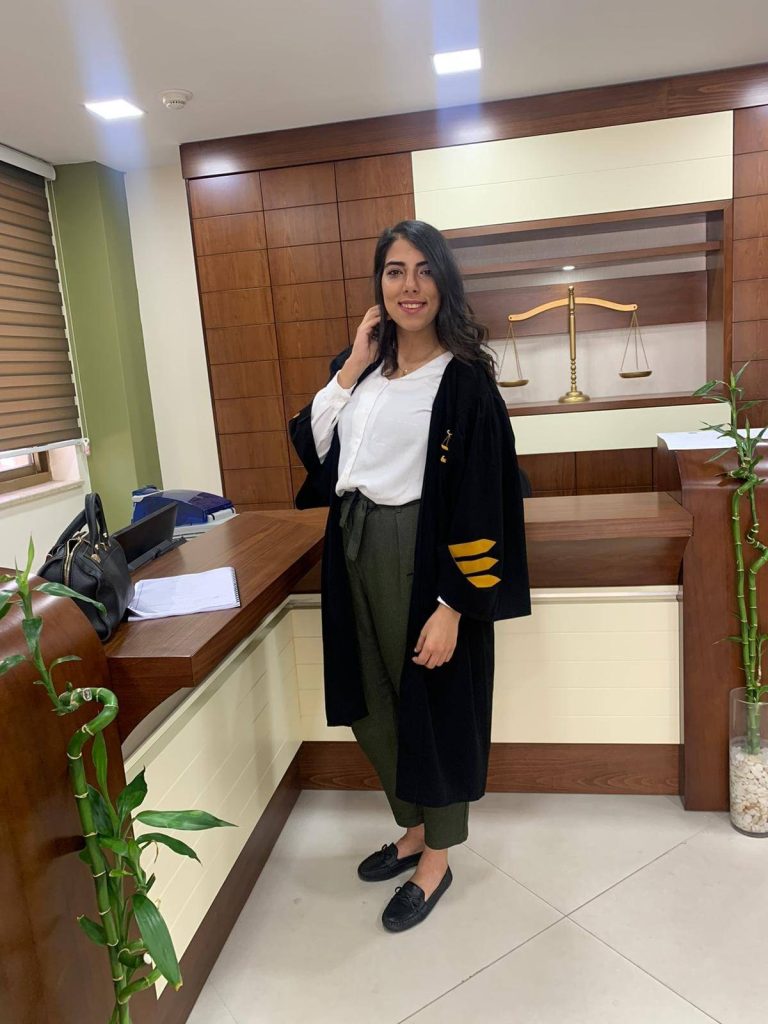
In her final year of studying law at Al-Quds University in Palestine, Ayesh attended a court session at Ofer Prison, an Israeli jail housing Palestinian prisoners in the West Bank. Although she was attending in a professional capacity, she was aware that Israeli officers might one day arrest her
Indeed, after her release, the first case she worked on was a university student who was arrested by the Palestinian security services for attending a sit-in at Al-Manara Square in Ramallah.
Since her release, Ayesh has been brave enough to speak to the media about the mistreatment of prisoners, but has been “filled with internal fear” for doing so.
Many female prisoners released from Israeli jails have been directly threatened and told not to speak to the media, she said.
Last year, the UN called for an end to the “prolonged administrative detention without charge” of human rights defenders in the West Bank by the Israeli authorities.
In July 2024, Mary Lawlor, UN special rapporteur on human rights defenders, drew attention to five individuals who were arrested and detained between October 2023 and March 2024, of which Ayesh was one.
Others included Bassem Tamimi, an organiser of peaceful protests against the illegal occupation of Palestinian lands, and Baraa Odeh, a campaigner for young people’s rights. All five had been arrested without warrants, interrogated without the presence of lawyers, and denied contact with their families.
“Everything has changed since 7 October,” Ayesh said. “Now anyone who opens their mouth will get arrested. Anyone who crosses a checkpoint, they [Israeli authorities] can check your phones; if you share anything about Gaza, Jerusalem or things happening in the West Bank, they can arrest or hurt you. If you are posting [online] for your job as a journalist, they can kill you.”
Since the Hamas attacks on Israel and Israel’s onslaught on Gaza, Ayesh has been impacted in more ways than one. Seven members of her extended family have died, and life in the West Bank has grown arduous, with more military checkpoints, curtailed freedom of movement and increased repression.
Meanwhile, monitoring the abysmal conditions faced by Palestinian political prisoners in Israeli jails has become increasingly difficult, with legal due process suspended and access to lawyers restricted. It was this lack of due process that meant Ayesh herself was stripped of her right to a fair trial during her detention.
For all these reasons, Ayesh believes she cannot give up her work. Continuing to be a lawyer is risky – but when human rights violations are so rampant, she feels she has no other option.
“I can take a rest, but I can’t stop my work. This is the situation [I am in] and after I was released, I told myself that I can still help. I am not afraid.”
She used to regularly attend peaceful marches in Ramallah, but now she is worried about being arrested again. She knows she must be careful – for her clients’ sakes as well as her own.
“I must stay safe to help more people. Out of prison, I can play a great role. In prison, I can do nothing.”
All photos by Diala Ayesh.

